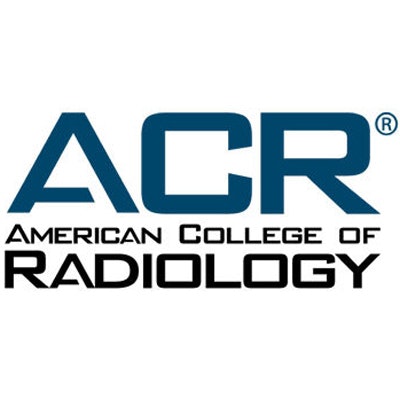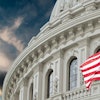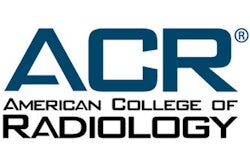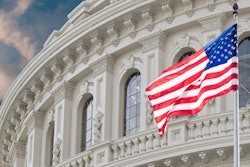
The American College of Radiology (ACR) is considering taking legal action to stop what it believes to be overreach by insurance companies in the implementation of a new federal law designed to protect patients from surprise billing.
Set to take effect in January, the No Surprises Act is intended to protect patients from surprise billing for out-of-network care provided without their consent. According to the ACR, insurance companies are already taking actions that could hurt healthcare providers, including radiologists. Blue Cross and Blue Shield of North Carolina was the first insurer to tell providers they could be terminated if they didn't accept an immediate, drastic cut in reimbursement for services provided out of network, the ACR explained.
In cases where out-of-network care was provided without a patient's consent, payers have preferred to use a reimbursement rate -- a qualified payment amount (QPA) -- in line with median in-network payments. In contrast, healthcare providers lobbied for a negotiated rate with a fair independent dispute resolution (IDR) process.
While the law advised that many factors be considered in the IDR, the Biden administration wrongly interpreted it to make the QPA, which is an artificially low and unverified rate set by insurance companies, the primary factor in the negotiation process, the ACR concluded in an analysis. Reimbursement cuts could result in the loss of patient access, the ACR maintains.


















